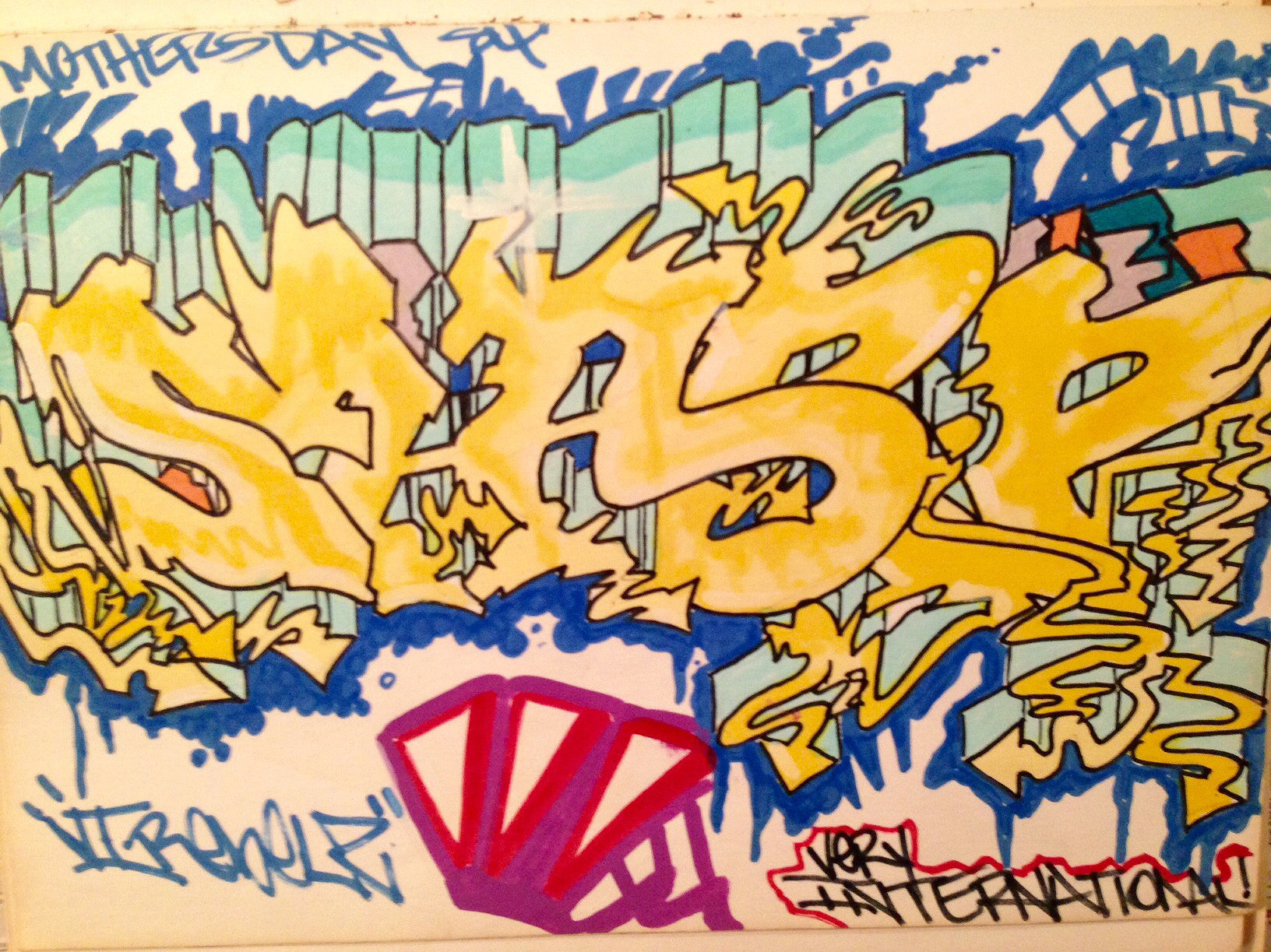
About the Artist
SHARP
In his youth, Sharp served an apprenticeship on the 6 line of the IRT where he challenged the industrial power of 600 miles of steel and machinery running like a blood vessel through the city, blasting through the tunnels and thundering along the “el” over miles of rubble where apartment buildings once stood. Sharp with his partner Delta wrested the Pelham Bay Express from the hegemonic grip of Madseen UA. They proclaimed, "we are here, we will not be ignored. They were on hand to be major players in the last years of significant aerosol painting on the legendary trains of new york. Those years saw the end of the old culture of innocent creation and achievement that brightened the destroyed city, turning deferred-maintenance wrecks into brilliant canvases that put a new face on the concept of public ownership. The story is one of owning nothing yet owning it all, infusing the faceless grid with your own identity, your own spirit, finding freedom that transcends captivity, giving form and color as medicine for a community in pain. Sharp’s paintings today carry all this heritage in their DNA. The elegant, proliferating wild-style lettering is in dynamic tension with the grid and calls the background to life; a visual metaphor in which the energy of the soul finds expression in the circumstances of the given life. The futurists glorified and emulated modernism and industrial power and speed. The graffiti writers took hold of this powerful infrastructure and transformed it, restoring the spirit of Ogun, the yoruba divinity of iron, to the naked trains. The rythm of writing is exuberant motion and crackling energy. The message is within the form itself which could only have evolved on a moving object. Sharp today paints not far from his roots as a youth on the streets, where you must invent yourself through cultural expression to achieve Ghetto Celebrity Status.


